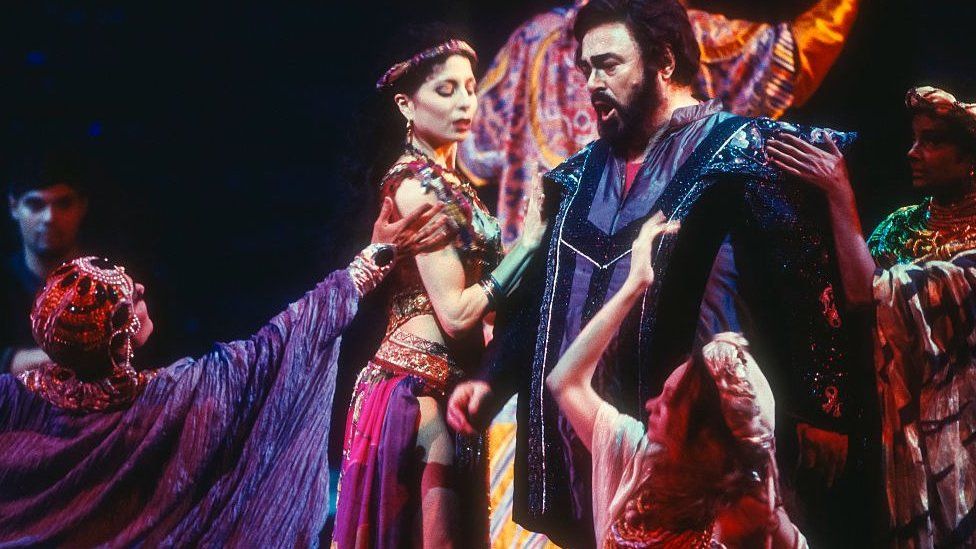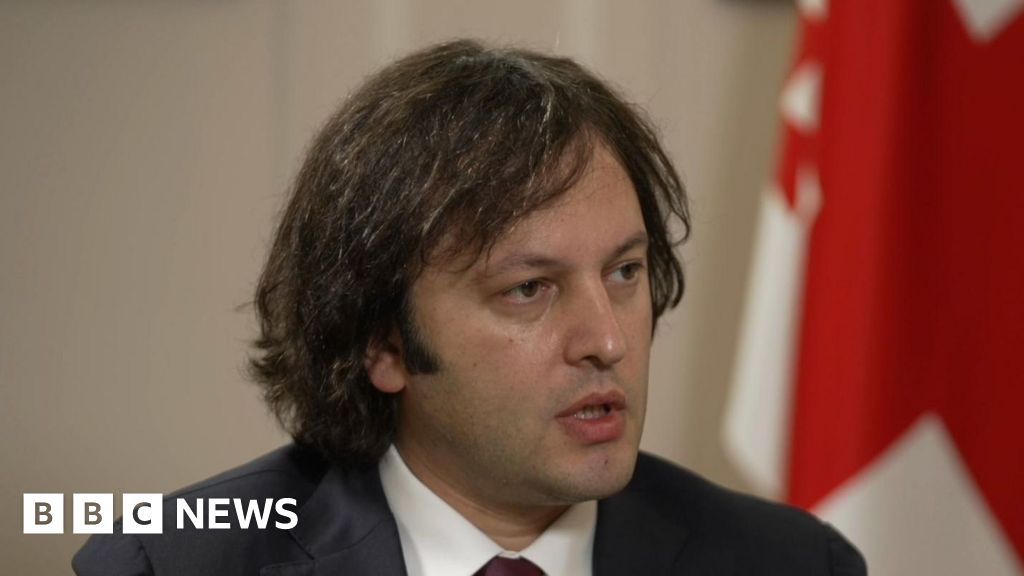ARTICLE AD BOX
 Image source, Getty Images
Image source, Getty Images
Late Italian tenor Luciano Pavarotti was a great exponent of opera
By Nadia Ragozhina
BBC News
Italian opera singing has been added to the United Nations' cultural heritage list.
Unesco, the UN culture agency, announced it was including the four-centuries-old art, mixing costume, drama and music, under its category of Intangible Cultural Heritage.
Italian opera developed in the late 1500s and early 1600s in Florence, at the court of the Medici family.
It typically involves intricate plots, elaborate staging and virtuoso singing.
Opera singing joins other famed Italian practices, such as pizza-making and the art of scaling the Alpine peaks.
"This is an official confirmation of what we already knew: opera singing is a world excellence," Italy's Culture Minister Gennaro Sangiuliano said in a statement after Unesco's decision.
Unesco described Italian opera as "a physiologically controlled way of singing that enhances the carrying power of the voice in acoustic spaces such as amphitheatres and churches".
It added that the art promoted "collective cohesion and sociocultural memory", as well as being "a means of free expression and intergenerational dialogue".
The first great composer of opera is considered to be Italy's Claudio Monteverdi, who lived from 1567 to 1643.
Italy's La Repubblica newspaper points out that the accolade comes on the eve of the traditional inauguration of the 2023-24 season at the La Scala opera house.
Today there are about 60 opera houses across Italy - a global record - while opera singers such as 20th-Century tenor Luciano Pavarotti have been venerated as major stars.
Italian soprano Carmela Remigio told the Corriere della Sera newspaper that it was thanks to the opera and its librettos that Italian language was still known in the world.
"That something as alive is singing has entered the heritage of humanity is a great emotion," she said.
"The song fades as you listen to it, but it touches you deeply."
Making the announcement at a meeting in Botswana on the safeguarding of cultural heritage, Unesco also listed Peruvian ceviche, Bangladeshi rickshaw painting, Uzbek ceramic crafts, loincloth weaving in Ivory Coast and several other customs and traditions as part of humanity's intangible cultural heritage.
The Peruvian government cheered ceviche's addition to the list, with the culture ministry saying it "recognises all the people involved in the chain of this dish, including artisanal fishermen along the coast and in the Andes and the Amazon, and the farmers and chefs".

 10 months ago
15
10 months ago
15








 English (US)
English (US)